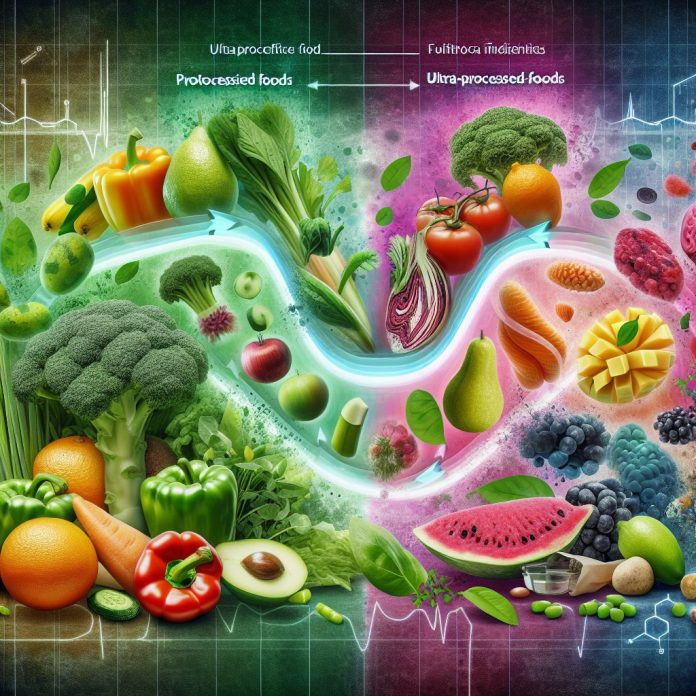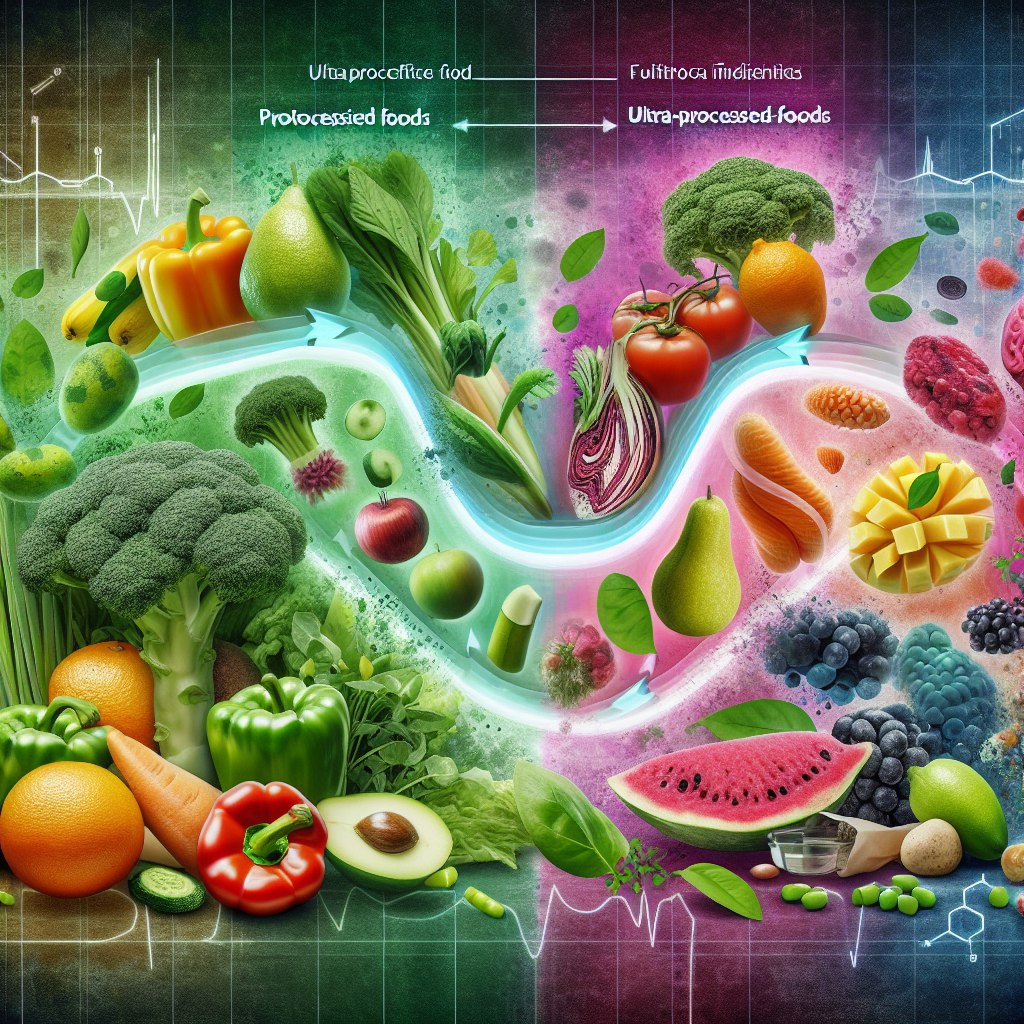
🍽️ The Downside of Ultra-Processed Plant Foods
Eating a plant-based diet is beneficial for your health, but a new study reveals that consuming ultra-processed plant foods, such as meat substitutes and fruit juices, can increase the risk of heart attacks and strokes. This finding highlights that not all plant-based diets are created equal and that the degree of processing can significantly impact health outcomes.
🥗 Different Effects of Plant Foods
Published in Lancet Regional Health-Europe, the study emphasizes that while minimally processed plant foods like fruits, vegetables, whole grains, and nuts protect against cardiovascular disease, ultra-processed plant foods do the opposite. These findings suggest that ultra-processing fundamentally alters food in ways that can harm health.
🌾 Impact of Ultra-Processing on Health
🔍 Study Insights
The research analyzed data from 118,000 adults over a decade, finding that:
- Increased Risk: Higher consumption of ultra-processed plant foods correlates with a greater likelihood of dying from heart disease.
- Specific Statistics: A 10% increase in calories from ultra-processed plant foods is linked to a 5% higher risk of cardiovascular disease and a 6% higher risk of coronary heart disease.
- Protective Effect: Conversely, a 10% increase in whole plant-based foods leads to an 8% reduction in coronary heart disease risk and a 20% lower risk of dying from it.
🥔 Examples of Ultra-Processed Plant Foods
Ultra-processed plant foods studied include:
- Wheat and Corn: Pastries, buns, biscuits, cakes, packaged breads, cereals, chips.
- Potatoes: French fries, potato chips.
- Sugars: Candy, soft drinks.
- Fruits and Vegetables: Sauces, dressings, juices, frozen pizza.
- Soy, Wheat, Beans, Peas: Meat substitutes like imitation burgers and sausages.
🏭 How Ultra-Processing Changes Food
Ultra-processing removes beneficial nutrients, replacing them with salt, sugar, and fat, and destroys the food’s natural structure. This leads to rapid absorption, less satiety, and higher blood-sugar levels. The process also generates harmful compounds like acrolein and acrylamide, which can promote cardiovascular disease.
🍏 Benefits of Minimally Processed Plant Foods
Minimally processed plant foods retain fiber, polyphenols, phytosterols, and other compounds that reduce inflammation and promote overall health. These foods are simply cleaned, cut, and packaged without significant alteration.

🛒 Choosing Healthier Options
Fernanda Rauber, the study’s lead author, advises reading ingredient lists carefully when buying ready-made foods. Foods with recognizable ingredients that you’d use at home are likely not ultra-processed.
📚 Supporting Evidence
Other studies, such as one involving 78,000 Seventh-day Adventists, have found that those who consume the most ultra-processed foods have a higher mortality rate. Numerous studies link ultra-processed foods to early death and various health issues, including obesity, cancer, diabetes, and heart disease.
🚨 Public Health Implications
A panel advising the federal Dietary Guidelines for Americans is considering warnings about ultra-processed foods. These foods are hyper-palatable, combining flavors and additives that lead to overeating and cravings while being stripped of essential nutrients.
⚠️ Correlation, Not Causation
While the study shows a correlation between ultra-processed plant foods and cardiovascular disease, it does not prove causation. Factors like self-reporting inaccuracies or other lifestyle variables might influence the findings.



















